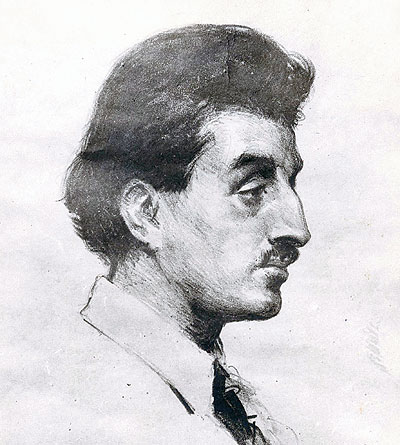May 7, 2015
Akram Khater @ Radio SAWA
Last week, Dr. Akram Khater, Professor of Middle East Studies at NC State University and the Center’s Director, spoke with Raina Abou Hassan of Radio SAWA based in Virginia. Launched in 2002, Radio SAWA is an Arabic-language radio network that broadcasts news 24 hours a day, 7 days a week, with more than 370 newscasts per week. Radio…

